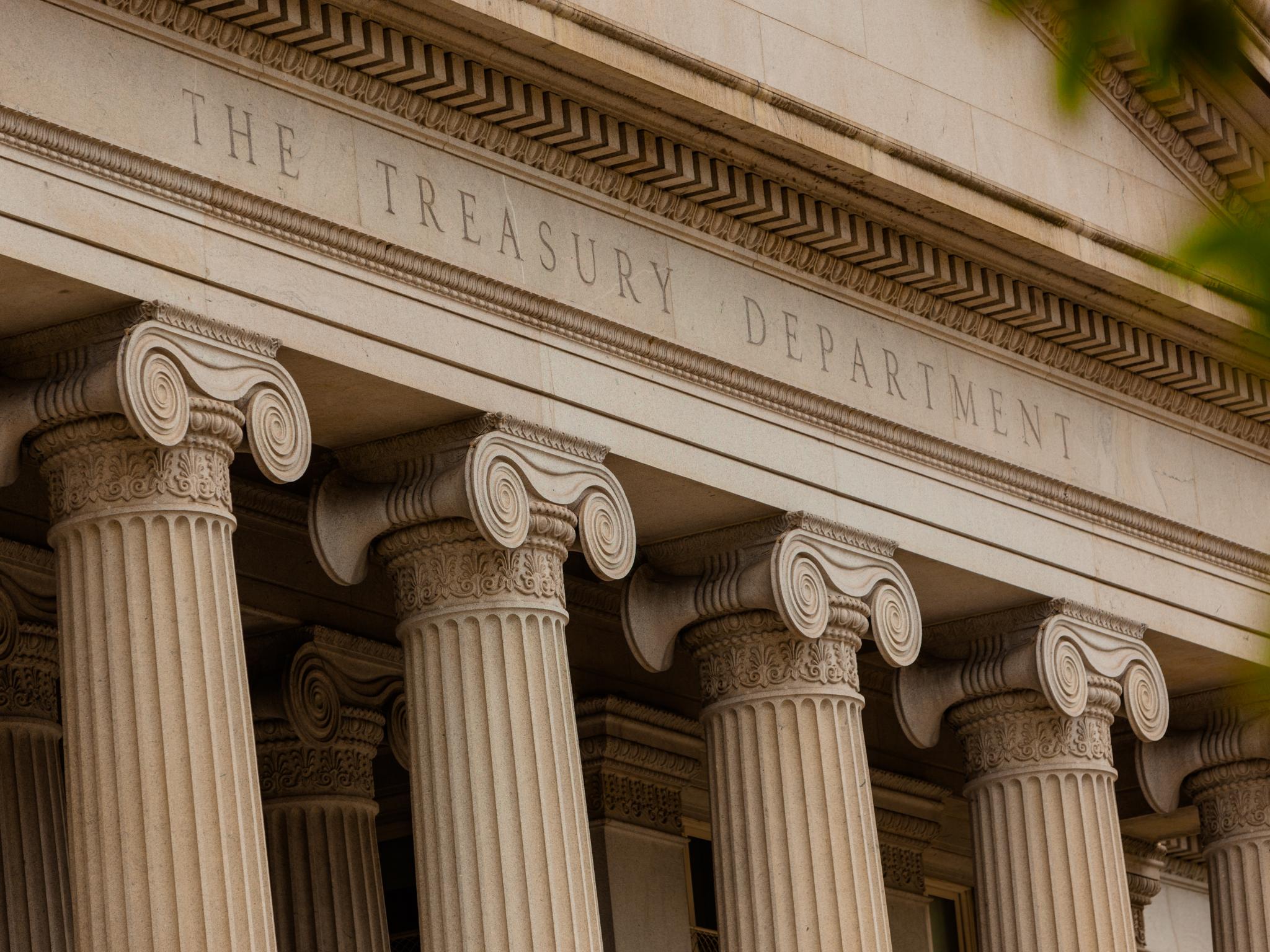
The U.S. Treasury Department is starting to recognize cannabis companies, at least according to a new proposal to begin gathering data on marijuana businesses from banks as part of an action to stop money laundering schemes. The Department already collects bank info across other industries, such as liquor stores, domestic charitable organizations, jewelry, gem and precious metals dealers, casinos, car dealers and travel agencies, among others.
The Treasury’s Office of the Comptroller of the Currency (OCC) revealed the addition of marijuana businesses as part of an annual Risk Summary Form (RSD) filed by financial institutions in a notice in the Federal Register on Wednesday.
Other emerging markets that were also added for the first time include crypto assets, ATM operators, cash transactions, stablecoin issuance, and stablecoin payments.
“RSF collects data about different products, services, customers, and geographies (PSCs),” the notice says.
The Money Laundering Risk System (or MLR System) “enhances the ability of examiners and bank management to identify and evaluate Bank Secrecy Act/Money Laundering and Office of Foreign Asset Control (OFAC) sanctions risks associated with banks' products, services, customers, and locations,” the OCC wrote.
When new businesses, services and products emerge, or existing products and services change and/or banks evolve via business combinations and purchases “banks' evaluation of money laundering and terrorist financing risks should evolve as well.”
The OCC further explained that the addition of new industries and other changes in its data collection procedures will help it “identify those institutions, and areas within institutions, that may pose heightened risk and allocate examination resources accordingly.”
The agency initiated a public comment period on the proposed amendments until August 8.
Photo: Courtesy of christianthiel.net via Shutterstock







